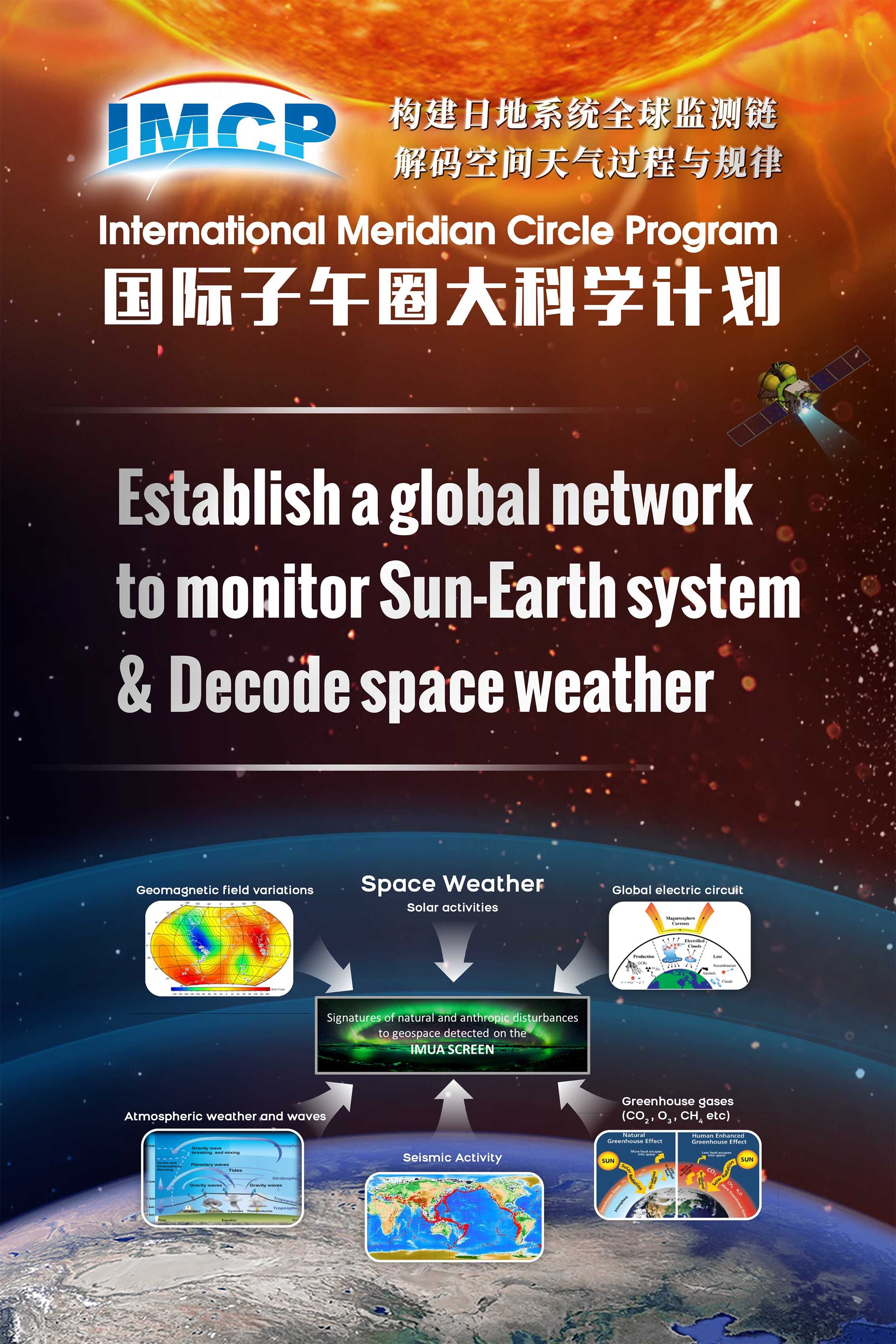Global Space Science Community Launches International Meridian Circle Program
The International Meridian Circle Program (IMCP), a major global science initiative, was formally launched with the signing of new cooperation agreements on June 12 during the Second Belt and Road Conference on Science and Technology Exchange.
Five prominent international institutions joined the effort, signing agreements with the National Space Science Center (NSSC) of the Chinese Academy of Sciences (CAS), the program’s lead institute.
The new signatories include the Scientific Committee on Solar-Terrestrial Physics (SCOSTEP), the Korea Polar Research Institute (KOPRI), Nigeria’s National Space Research and Development Agency (NASRDA), Thailand’s King Mongkut’s Institute of Technology Ladkrabang (KMITL), and Uganda’s Muni University.
These additions bring the total number of cooperation agreements and collaborative intentions within the IMCP framework to 36, underscoring broad international support.
The IMCP aims to establish the world’s most comprehensive ground-based monitoring network to decode space weather – the disturbances in geospace driven by solar activity. Geospace is critical for human activities like spaceflight, communications, and navigation, and disruptive space weather events pose significant risks globally. The United Nations and major space-faring nations recognize these threats and have initiated action plans, highlighting the need for unified international research.
Building upon China’s highly successful Meridian Project-Phase II, which recently established an extensive regional space weather monitoring network, the IMCP expands this vision. Chinese scientists proposed the initiative to create a complete ground monitoring chain along the 120°E–60°W meridian circle. This will integrate multi-disciplinary, multi-parameter detection for full-latitude, continuous, and all-weather observation of the Sun-Earth system.
By integrating space-based observations, this effort will deepen research into the characteristics and the law of change in geospace, uncover the mechanisms driven by both solar eruptions and human activities, develop data-driven global space weather models and high-precision forecasting products, and provide scientific support for mitigating global space weather disasters, the peaceful use of space, and the advancement a shared future for mankind in outer space.
Key scientific objectives of the IMCP include understanding Earth’s space environment as an integrated system, clarifying the dual influences of solar activity (top-down) and terrestrial effects (bottom-up), and addressing three major scientific challenges: the multi-parameter, multi-scale dynamics of the space environment, the propagation and evolution of solar eruptions, and the relationship between space weather and global changes or natural disasters on Earth.
To achieve these goals, an IMCP International Organization will be established. This body will coordinate the program through four core tasks: conducting innovative research, organizing synchronized global monitoring, building an open data sharing platform, and deepening international cooperation.
The IMCP is planned to operate for over 11 years, covering a complete solar cycle. It is envisioned to foster a global space weather research community, driving theoretical innovations and technological breakthroughs. This comprehensive approach will provide crucial scientific support for enhancing global preparedness against space weather hazards and promoting the peaceful use of outer space.

International Meridian Circle Program


